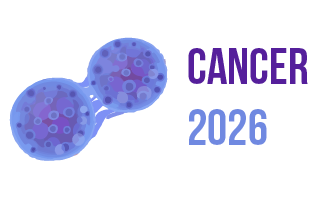4th International Conference on
Innovations and Advances in Cancer Research and Treatment
October 08-09, 2026 | Tokyo, Japan

Cancer 2026

University of Oklahoma, USA
Abstract:
Accelerated glycolysis is the main metabolic change observed in cancer, but the underlying molecular mechanisms and their role in cancer progression remain poorly understood. Here, we show that the deletion of the long noncoding RNA (lncRNA) Neat1 in MMTV-PyVT mice profoundly impairs tumor initiation, growth, and metastasis, specifically switching off the penultimate step of glycolysis. Mechanistically, NEAT1 directly binds and forms a scaffold bridge for the assembly of PGK1/PGAM1/ENO1 complexes and thereby promotes substrate channeling for high and efficient glycolysis. Notably, NEAT1 is upregulated in cancer patients and correlates with high levels of these complexes, and genetic and pharmacological blockade of penultimate glycolysis ablates NEAT1-dependent tumorigenesis. Finally, we demonstrate that Pinin mediates glucose-stimulated nuclear export of NEAT1, through which it exerts isoform-specific and paraspeckle-independent functions. These findings establish a direct role for NEAT1 in regulating tumor metabolism, provide new insights into the Warburg effect, and identify potential targets for therapy.
Biography:
Dr. Je-Hyun Yoon has completed his PhD in 2011 from University of Arizona and postdoctoral studies in 2015 from National Institutes of Health. He is an Associate Professor on Oncology Science in University of Oklahoma. He has published more than 60 papers in reputed journals and is an expert of RNA biochemistry.
